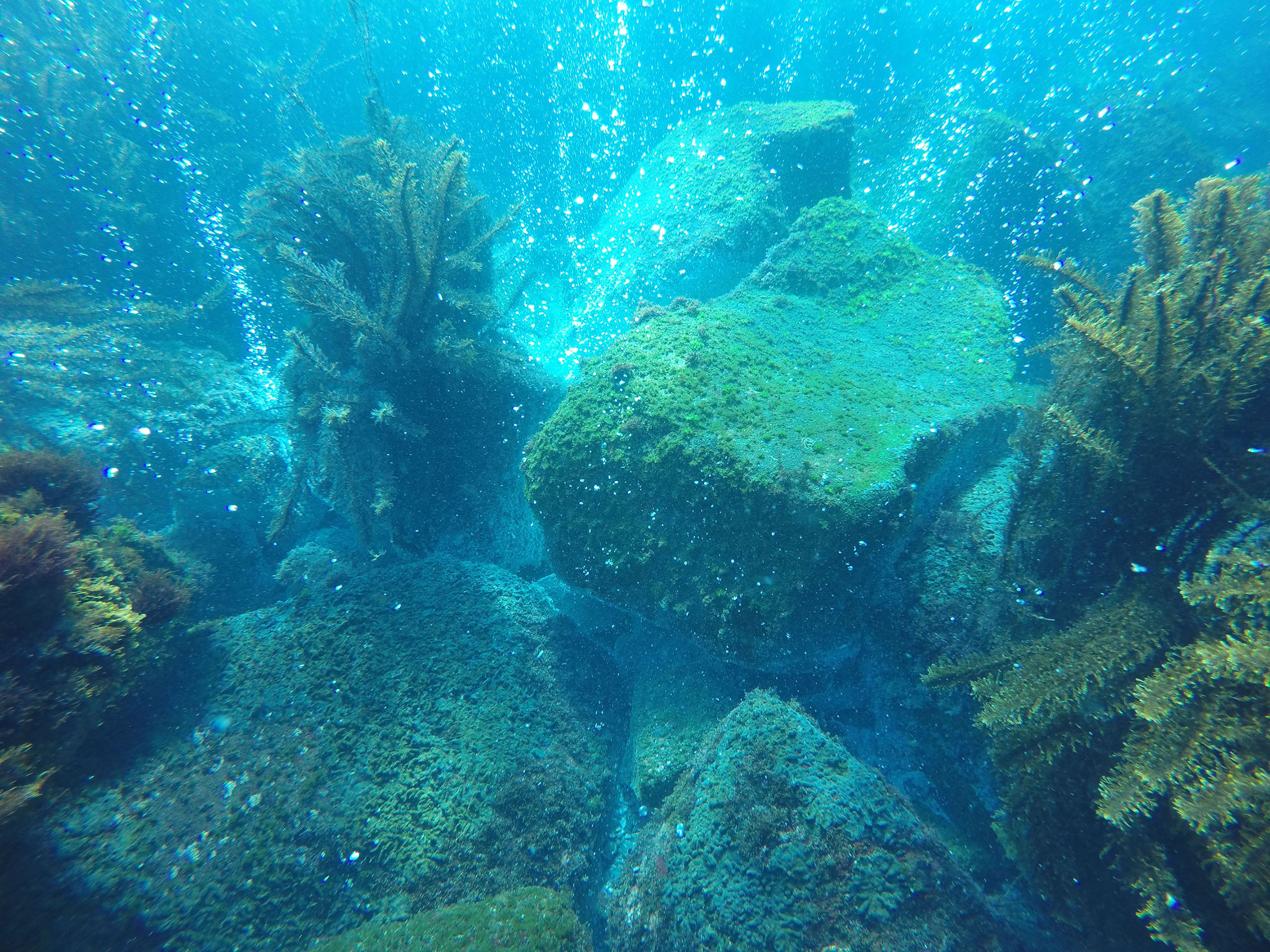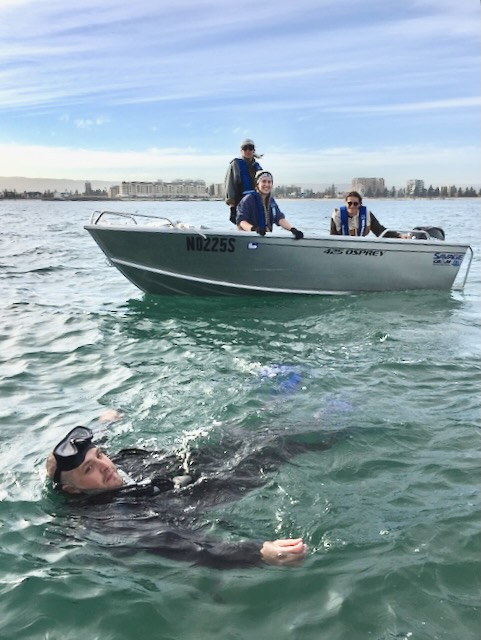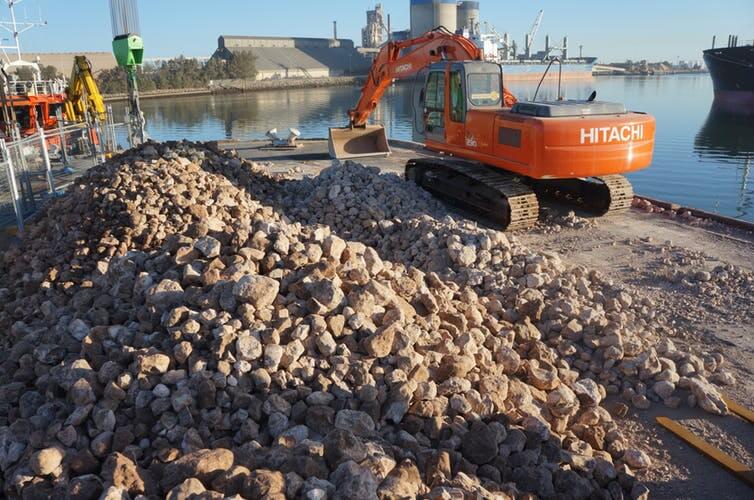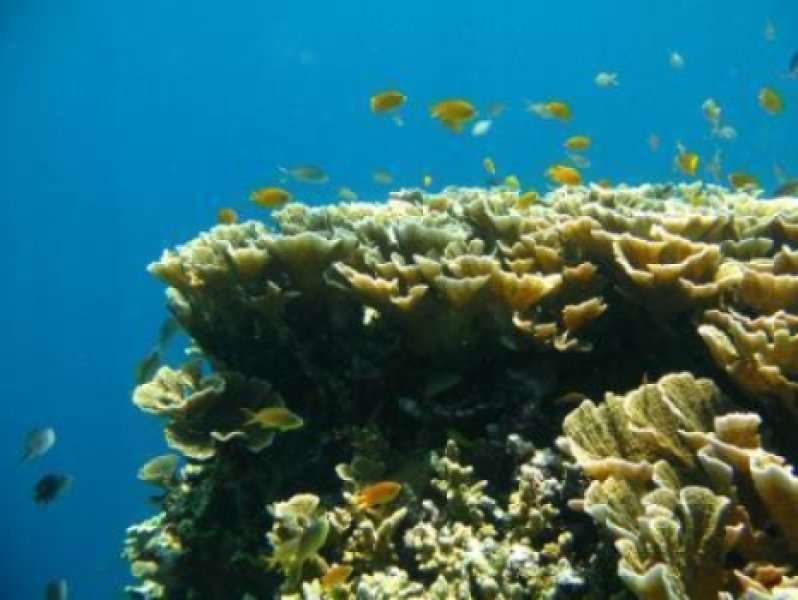BLOGS WEBSITE
TAG: Prof Sean Connell
Changes in marine ecosystems going undetected
Existing ways of calculating biodiversity dynamics are not very effective in detecting wholesale species community change due to the effects of ocean acidification. University of Adelaide research shows that in cases where biodiversity metrics show no change or little change, there may still be reorganisation of ecological communities in our oceans. “The belief that climate […]
Comments Off on Changes in marine ecosystems going undetected
World Ocean Day 2022: Restoring our Lost Reef Ecosystems
Today we celebrate World Ocean Day! Environment Institute marine researchers are using the natural relationships between bivalves and macroalgae to enhance the restoration of South Australia’s lost reef ecosystems. Over 150 years ago, oyster reefs, kelp forests, and seagrass meadows lined the South Australian coastline. These ecosystems provided a rich and productive marine environment but […]
Comments Off on World Ocean Day 2022: Restoring our Lost Reef Ecosystems
Massive Restored Reef Aims to bring South Australia’s Oysters Back
Researchers from the University of Adelaide have undertaken the largest oyster reef restoration project outside the United States in the coastal waters of Gulf St Vincent, near Ardrossan in South Australia. Construction began earlier this month with some 18,000 tonnes of limestone and 7 million baby oysters set to provide the initial foundations for a 20-hectare reef. […]
Comments Off on Massive Restored Reef Aims to bring South Australia’s Oysters Back
Media Release: Baby fish led astray by high CO2 in oceans
Baby fish will find it harder to reach secure shelters in future acidified oceans – putting fish populations at risk, new research from the University of Adelaide has concluded. Published today in the Nature journal Scientific Reports, the researchers described how barramundi larvae in high CO2 conditions, predicted for the turn of the century, turn […]
Comments Off on Media Release: Baby fish led astray by high CO2 in oceans
Sea Snails adapt to extreme acidity levels, living in CO2 vent off NZ
New research published today in Current Biology describes a species of gastropod (sea snail) which lives in very acidic water near a CO2 vent in the southwest Pacific near New Zealand. This is the first instance of Sea snails growing in such acidic conditions, which is more than 30 times higher than normal seawater. Sea snails grow their […]
Comments Off on Sea Snails adapt to extreme acidity levels, living in CO2 vent off NZ
Seminar: The other side of scientific writing
The other side of scientific writing: increasing reader engagement and readership Publications are the universal currency for communication among scientists. But they are generally composed of dense, uninspiring language that can be laborious to wade through and difficult to understand. While objectivity and scholarship are cornerstones of scientific writing, there is another ingredient that is […]
Comments Off on Seminar: The other side of scientific writing







